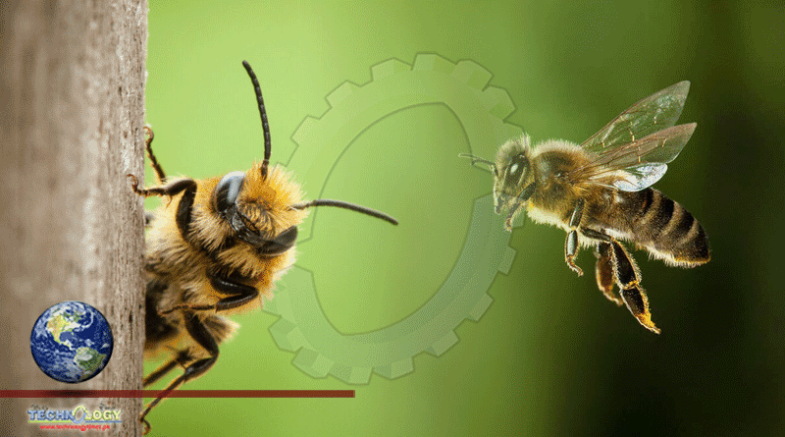“What Happens To Honey Bee Happens To Native Bees, Happens To Our Plants, Happens To Our Food,” He Said. “We’re All Connected.”

Researchers at UC Riverside are launching a multi-campus project to save the declining honey bee population. Honey bees play a critical role in growing about one-third of the world’s food, and they pollinate more than 80 types of agricultural crops. Dwindling populations mean those crops lessen, and become more expensive. Experts at the university will work with colleagues at UC campuses in Davis, Merced and San Diego in an effort to breed bees that are more resilient to disease.
“Certain types of honeybees generate molecules that make them more tolerant of pesticides and parasites,” said UC Riverside spokesperson Jules Bernstein. “New technology is going to enable the scientists to isolate those molecules, and use them as a basis for drugs that will help treat the sick bees.” The research network also aims to develop better monitoring tools to alert beekeepers to illness in their colonies. Bernstein said 40% of managed beehives were lost in 2018 and that this research will help save other threatened bee populations. “What happens to honey bees happens to native bees, happens to our plants, happens to our food,” he said. “We’re all connected.”
This news was originally published at Laist
